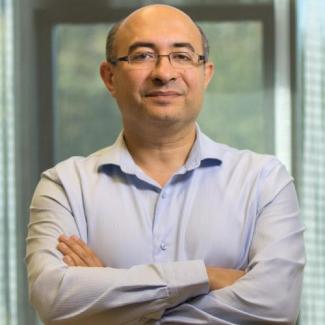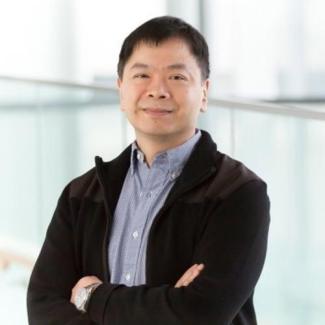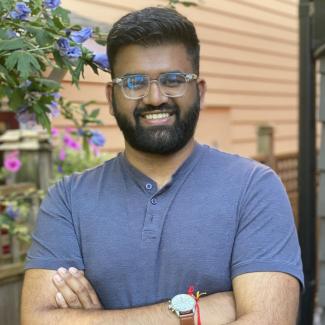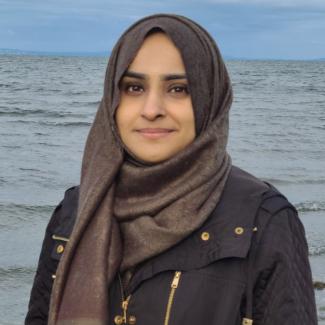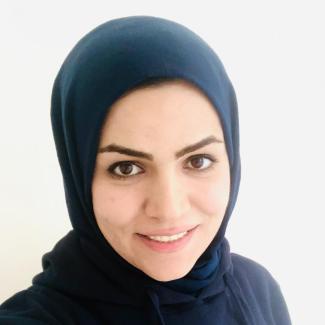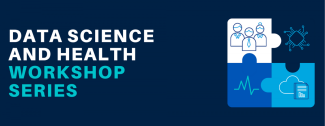
November 24th, 2021 | 4pm-5pm, Virtual
Engineering Perspective
This workshop will cover the basics of AI and its potential and limitations to address clinical problems. We'll cover necessary inputs and feasible outcomes, while clarifying what AI can and can't do. You'll leave this workshop with an understanding of AI's capabilities and limitations and what's required to collaborate on an AI project.
The workshop will include:
- An introduction to AI - review the basics
- Case studies of successful projects between clinicians and engineers
- An opportunity to engage with AI experts to evaluate potential projects
Our workshop aims to provide a mutual understanding for both clinicians and engineers while building a community to actively support collaboration and matching.
Join us on November 24th and find your new collaborator!
Speakers
Previous Workshops
Future Data Science & Health Workshop series
- November 2021 – Engineering Perspectives: Meet engineers and learn how data science, artificial intelligence, and machine learning have been used to develop solutions in the health care sphere.
- January 2022 – Clinical Perspectives: Share the clinical challenges you face and get insight on potential data science solutions from a team of engineers focused on health applications.
- January - June 2022 – Monthly Workshops: Clinicians will be matched with engineers to develop data science solutions to health care challenges. Monthly meetings with mentors and peers will help keep projects on track, enable knowledge sharing, and build collaborative links between our health care and engineering communities. Grant development support is available to prepare for internal and external funding opportunities in Fall 2021.
